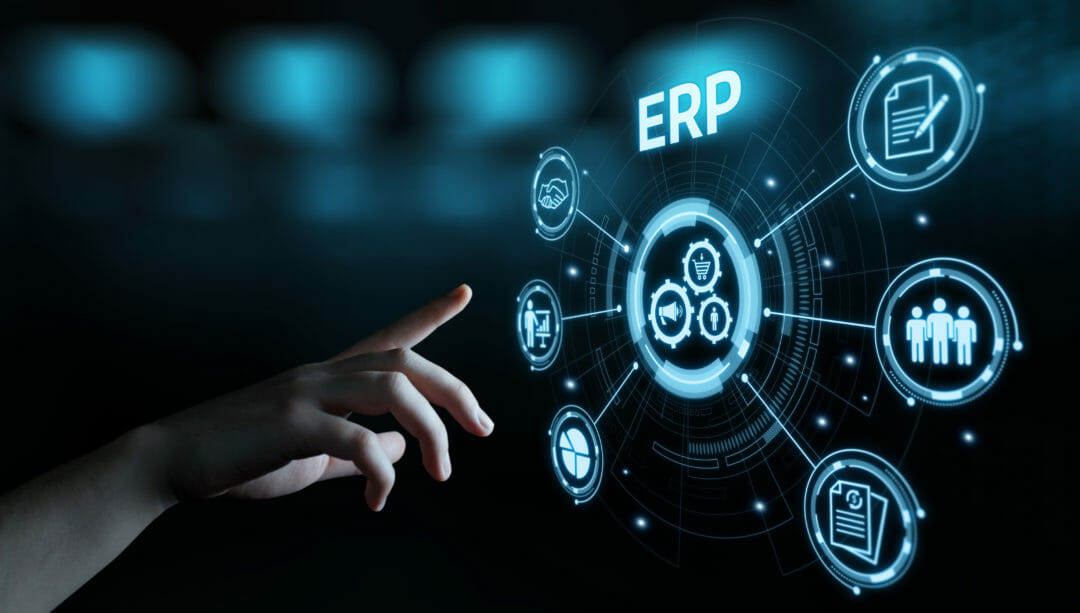The independent research of 825 EMEA-based Enterprise Architects revealed how they have moved away from spending the majority of their IT budgets, historically between 70% and 80%, on “keeping the lights on” (KTLO) activity, allowing them to focus funds on modernisation ERP.
Companies say the reduction in KTLO spending, to just 35%, means a large part of their IT budget can be diverted towards other areas. 33% of respondents said they would redirect funds into IT modernisation, 32% said they would commit more to ERP innovation.
According to the survey EMEA organisations are rethinking their view of ERP. Many have gone from fearing that it would be too complex to modernise, to embarking on large-scale projects to transfer ERP applications to the cloud.
The research reveals the majority (68%) are heavily focused on moving enterprise applications to the cloud, while 53% also said they are specifically focused on the modernisation of legacy ERP applications to enable strategic growth.
Many organisations see the benefits of this migration, 58% said they saw assurance of uptime, performance and security as a major positive outcome, while 55% said it will drive business growth and 52% believed it will improve IT agility.
Derek Thompson, vice president, EMEA Boomi said: “IT leaders can be rightly proud of the clear actions they are taking to further innovation, while at the same time driving down spend on decades-old technologies, and it is encouraging to see the marked increase in investment towards application modernisation and digitally driven business innovation.”
How to get your organisation ready for AI-powered ERP
The ERP innovator’s dilemma
Boomi’s research points to a new technology conundrum that leaves European organisations with a critical choice: boost investment in what most presume is the costly, complex process of ERP modernisation or get left behind by less risk-averse competitors.
A majority of EMEA organisations (52%) say tackling the ERP innovator’s dilemma is paramount to completing their key goals of delivering excellent customer experiences and 47% see it as crucial for integrating their applications.
When asked how they intend to meet these goals, EMEA organisations reported that they are focusing on: standardizing and consolidating applications (76%) migrating infrastructure to the cloud (79%) and consolidating legacy infrastructure (69%).
Companies say the main challenge they are faced with, is the lack of integration technologies that can ingest data from any device/data source (51%) followed by the lack of right integration skills (39%).
To tackle this, they are turning to IPaaS to solve specific use cases, particularly designing and scaling APIs (23%) improving business with partner networks (19%) and synchronizing data across the enterprise to drive business outcomes.
Most respondents believe that ERP deployments will be structured and implemented in-house, with maintenance undertaken by a third party.
This will free up IT teams and budget to innovate more. In fact, 56% of EMEA organisations predict ERP deployments will be 100% cloud by 2021.
Thompson comments: “EMEA businesses are recognising the opportunity that cloud-based applications provide them in shifting their investments to more strategic growth initiatives, be those applications ERP, CRM or iPaaS. ERP modernisation requires integration modernisation and Boomi is excited to be leading the industry in delivering on a platform designed for the 2020s — the data decade”.










